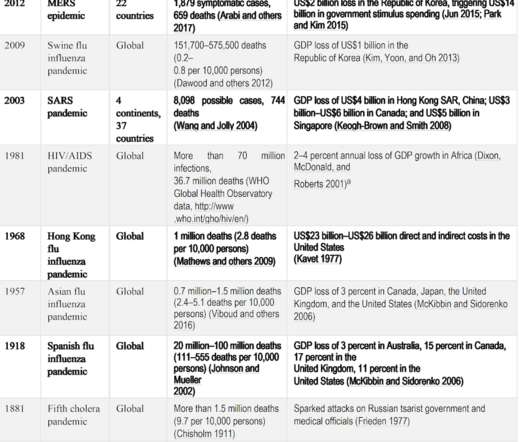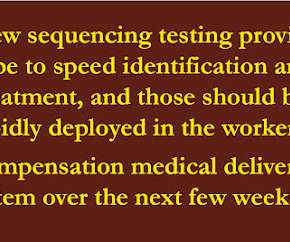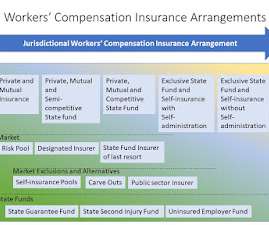How prepared are workers’ compensation systems for COVID-19?
Workers' Compensation Perspectives
MARCH 23, 2020
Regardless of the workers’ compensation model (private insurance, competitive state fund, exclusive state fund), every insurer has to prepare for the unexpected. Afterall, insurance is the transfers the financial risk of rare but costly events from the insured to the insurer. This limitation was noted at the time. billion).












Let's personalize your content